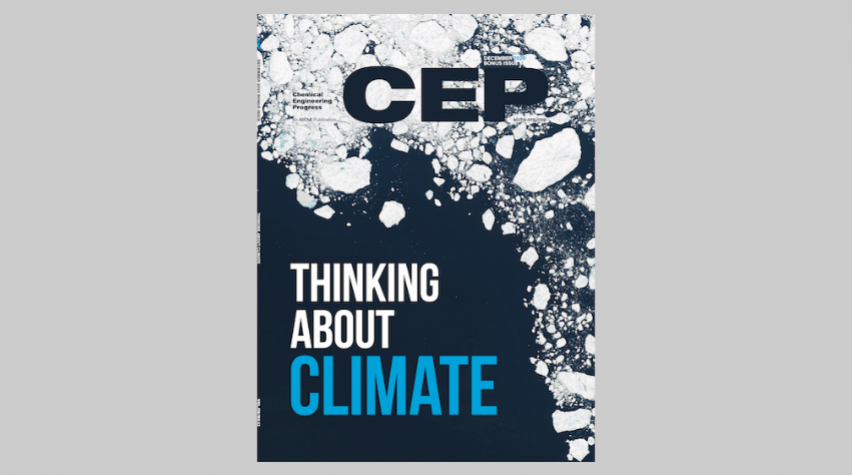
I think about climate often. It’s hard not to — I doubt a day goes by that I don’t see an article, news report, or email that mentions climate.
The most recent item to cross my desk is an article in Scientific American entitled “The Climate Emergency: 2020 in Review.” It is a follow-up to “World Scientists’ Warning of a Climate Emergency,” by William J. Ripple et al., which appeared in the January 2020 issue of BioScience. The authors begin their original article with this statement: “Scientists have a moral obligation to clearly warn humanity of any catastrophic threat and to ‘tell it like it is.’ On the basis of this obligation …, we declare, with more than 11,000 scientist signatories from around the world, clearly and unequivocally that planet Earth is facing a climate emergency.” They then call for transformative change in six areas: energy, short-lived air pollutants, nature, food, economy, and population.
The new article points out that while 2020 brought a few promising developments, we still “need a massive-scale mobilization to address the climate crisis.” The authors say that “aggressive transformative change, if framed holistically and equitably, will accelerate broad-based restorative action and avert the worst of the climate emergency. The survival of our society as we know it depends upon this unprecedented change.”
Chemical engineers have an important role to play in achieving the necessary transformative change. Climate change is a complex, multidimensional problem that we are well equipped to understand. Our education in chemistry, physics, and math enables us to understand the science, and our knowledge of chemical engineering allows us to address the challenge in a practical and economical manner. But sorting through and keeping up with the climate change literature is a monumental task.
A few years ago, I came up with the idea for a series of short, 1–3-page articles that would explore various chemical-engineering-related aspects of climate and climate change. I thought that breaking this complex subject into many small bits and focusing on chemical engineering concepts would make it easier to understand. I envisioned that the title of this series would be “Thinking About Climate.”
When I mentioned my idea to Mark Holtzapple, a professor of chemical engineering at Texas A&M Univ., he told me about his interest in climate and shared with me the slides of a lecture that he gives on the topic. He also helped me realize that we could not do justice to the topic 2,000 words at a time. He liked my idea of looking at climate through a chemical engineering lens, and he offered to write a series of articles that addressed observations, modeling, impacts, and solutions.
This special issue of CEP is the fruit of our collaboration. It provides basic information about climate — including numerous figures and reference citations. It is not meant to be a definitive treatment of the subject. Rather, it is intended to provide an overview that helps you to think about climate without getting lost in the claims and counterclaims.
In the interest of minimizing our environmental footprint, we present this as a digital-only issue. And because this topic is of such great importance to society, we are making the issue open access. Please share it widely.


